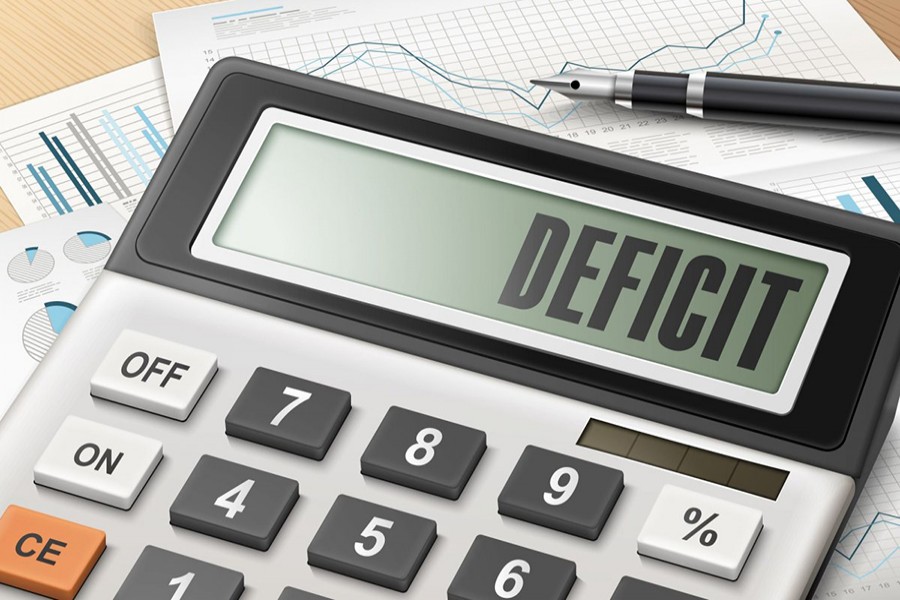Bangladesh's overall balance of payments (BoP) posted US$ 885 million deficit during the last fiscal year (FY 2018), compared with a surplus of $ 3.2 billion in FY 2017.
This means the BoP hit the negative territory for the first time in seven years, driven by wider current account deficit.
The last time when the overall balance was in the negative, was during the fiscal 2010-11. The deficit was $ 676 million then.
However, the central bank said the deficit in current account was mainly due to high import payables along with the shortfall in the primary income from services.
Such type of deficit on the external front affects foreign exchange holdings, making the regime volatile.
The current account balance also traversed to the negative territory for the first time in four years during fiscal 2016-17.

Many believe that the current account deficit widened on the imports meant for government mega projects, including the Rooppur nuclear power plant project.
Economists say that the country needs to depreciate its currency further to boost exports and remittances to avoid its chain impacts on other macroeconomic indicators.
"The BoP deficit is large in FY18 and it has many implications for the other macroeconomic indicators," said Dr Mustafa K Mujeri, executive director at the Institute for Inclusive Finance and Development.
The BoP situation implies that Bangladesh is borrowing to offset its imbalances in external trade.
He said the import of food, capital machinery and raw cotton increased, which is beyond the norm.
"If we fail to utilise the 'borrowed money' then it will adversely impact on other economic indicators, including the economic output," said Dr Mujeri, also a former chief economist at the Bangladesh Bank said.
During 2017-18, import surged by over 25 per cent while exports grew by only 6.0 per cent.
Such trade balance recorded a deficit of $ 18.26 billion during FY18 as compared to the deficit of $ 9.47 billion in FY17.
Dr Ahsan H Mansur, executive director at the Policy Institute of Bangladesh (PRI), said despite financial account surplus of nearly 1.0 billion, the overall balance registered a deficit.
"This is a matter of concern," Dr Mansur noted.
He sees no other measures excepting the depreciation of local currency against dollars to remain competitive.
Dr Mansur said if the situation continues the country would need to turn to the International Monetary Fund (IMF), which help countries overcome their BoP-related problems.


